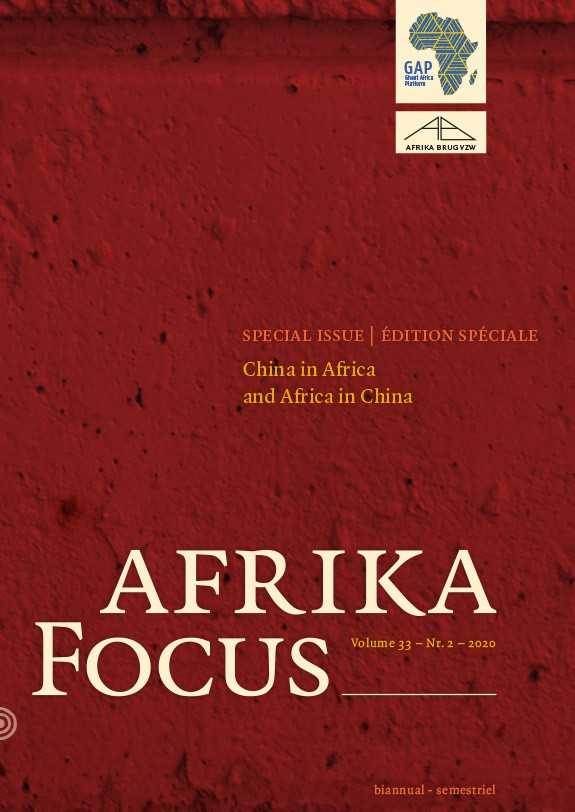The Myth of Zheng He: Kenya-China Encounters in Yvonne Owuor's The Dragonfly Sea
DOI:
https://doi.org/10.21825/af.v33i2.17574Abstract
The year 2005 marked the 600th anniversary of Zheng He’s first voyage on the Indian Ocean and the 50th anniversary of the Bandung Conference. In the same year Mwamaka Sharifu, a girl from Lamu island in Kenya, also a descendent of sailors of Zheng He’s fleet (1405-1433), was awarded a scholarship to study in her “home country”. In 2019, the novel The Dragonfly Sea by the Kenyan female writer Yvonne Adhiambo Owuor, which incorporates the story of Mwamaka Sharifu, was publishedby Alfred A. Knopf. By using the concept of “fictive ethnicity”, proposed by Balibar, and “push back”, as articulated by Ruth Simbao, this paper tries to explore how the history of Zheng He is adopted and narrated to construct, blur or refute boundaries of nation and ethnicity in The Dragonfly Sea. It also investigates how fictional writing, both aesthetically and culturally, intervenes and responds to the dominant discourses surrounding “China-Africa” by exhibiting the ambiguity and nuances within. It shows that an epistemological and discursive fracture exists between Africa and China that leads to a binary construction of the myth of Zheng He, which might be effective to some degree but runs the risk of repeating nation-state and ethnic configurations. KEY WORDS: ZHENG HE, CHINA-KENYA LITERATURE, FICTIVE ETHNICITY, THE DRAGONFLY SEADownloads
Published
How to Cite
Issue
Section
License
Authors who publish with this journal agree to the following terms
Authors retain copyright and grant the journal right of first publication with the work simultaneously licensed under a Creative Commons Attribution License that allows others to share the work with an acknowledgement of the work's authorship and initial publication in this journal.
Authors are able to enter into separate, additional contractual arrangements for the non-exclusive distribution of the journal's published version of the work (e.g., post it to an institutional repository or publish it in a book), with an acknowledgement of its initial publication in this journal.
Authors are permitted and encouraged to post their work online (e.g., in institutional repositories or on their website) prior to and during the submission process, as it can lead to productive exchanges, as well as earlier and greater citation of published work (See The Effect of Open Access).


